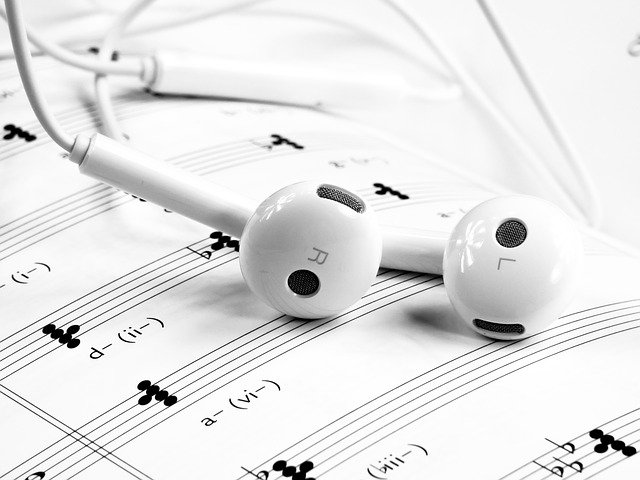It's just a mix of flavours
In cooking, while you can improve the quality of a simple ingredient, the simple fact you're mixing it with another one gives you an enormous range of flavours. How sweet is the lemon in your lemonade, compared to the slight bitterness of the mint? What if you could find a more acidic lemon, how would it change the whole?

The same applies with music. Sounds can really stand on their own, you can judge them by their timbre, their pitch or their dynamics (strong/weak). But if you add another one... Then they immediately relate to one another.
Also, if you taste an orange now and a coffee in some hours, you'll never relate them and think "this orange/coffee combination is awful". There's a threshold where you just stop relating events, and that also happens with sound in a smaller scale. If you play a sound, there's a window of time where the second sound will still relate to the first... And our memory makes an incredible math.

And a restless calculator
Before I go any further, I invite you to read part 1 and part 2 of my "learning music" series. But you can try reading this one, you'll probably understand it right out of the box!
I need to briefly address the concept of "musical scale". If you take a note and you call it a "root", you can organize the other notes in relation to it. For example, if you start with C (do), just say out loud the rest of the notes after you reach C again: do, re, mi, fa, sol, la, si. There you have: a simple major scale.

This means that each note has a "role" in relation with the first note of the scale, the "root" or "tonic". Some notes are more prone to create tension than others if you add some of them together. But it you mix them with the tonic, they're quickly pacified and "relax".
- In this quick example, I take a note (G) that could create tension if I did mix it with some other tension notes. But instead, I mixed with the tonic (C)... So no harm done, it's just seems "at rest":
Tension note + Root note

- But in this example, I mix the tension note with another tension note (D). The interval suddenly becomes tense and you feel it could go somewhere.
Tension note + Tension note!!!

- Going a little further, in this clip I add even more tension notes... The music really becomes tense... Before I finally make it "relax" presenting our beloved tonic, our "root" note C (I also add a E to make the relaxation more pleasant).
Tension note + Tension note + Tension note... Relaxed state! Uff!

Notice that the G is always there. But it has different "roles", depending on how it's mixed with. Just like flavours.
Harmony is a complex thing. So, for today, lesson is over. You learned that:
- Music usually gravitates around a root note, a tonality. Pink Floyd's "Money" is in B minor, meaning music gravitates around the "root note" B...
- In relation to the root note, some notes create tension, some notes create relaxation.
- Mixing tension notes together create a tension harmony, that you can then "resolve" by mixing some relaxation notes together.

In the next lesson I'll wrap around the concept of "triads". Although you already learned that today without noticing :) Stay tuned!
Was this clear?
Do you have any doubts?
Just tell me in the comments! I'll help as much as possible.

This post is my entry for Educator's Showdown Round 6 by @novili! Thanks @novili for the opportunity!
Do you want to earn SBD forever? I'm giving away 1 Steem Basic Income share :) Just drop an original comment in this post!
If you enjoyed this post please consider:



Nice one! Great writing and clear explanation.
Resteemed, your post will appear in the next curation with a SBD share for you!
Your post has been supported and upvoted from the Classical Music community on Steemit as it appears to be of interest to our community. You can find details about us below.

The classical music community at #classical-music and Discord.
Follow our community accounts @classical-music and @classical-radio.
Follow our curation trail (classical-radio) at SteemAuto
Thank you sir! :)